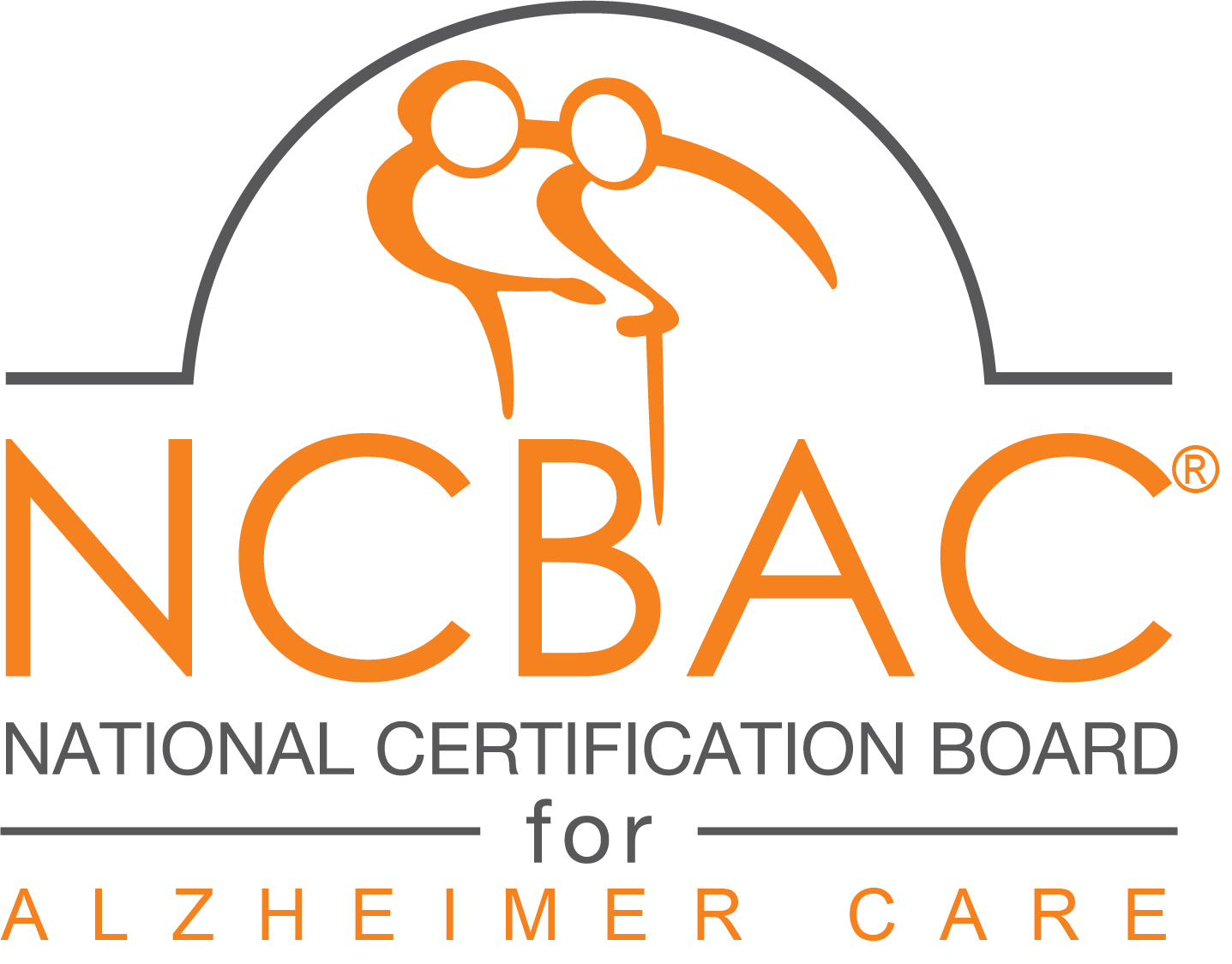Brushing your teeth regularly could slow down the progression of Alzheimer’s disease after scientists found that speeds up mental decline by six times.Periodontitis, or gum disease, is common in older people and can get worse in old age as people struggle to maintain their oral hygiene.
It is thought that periodontal bacteria increase levels of inflammation in the body, which has been linked to greater mental decline in people with Alzheimer’s disease.
